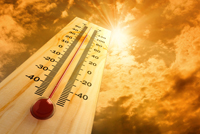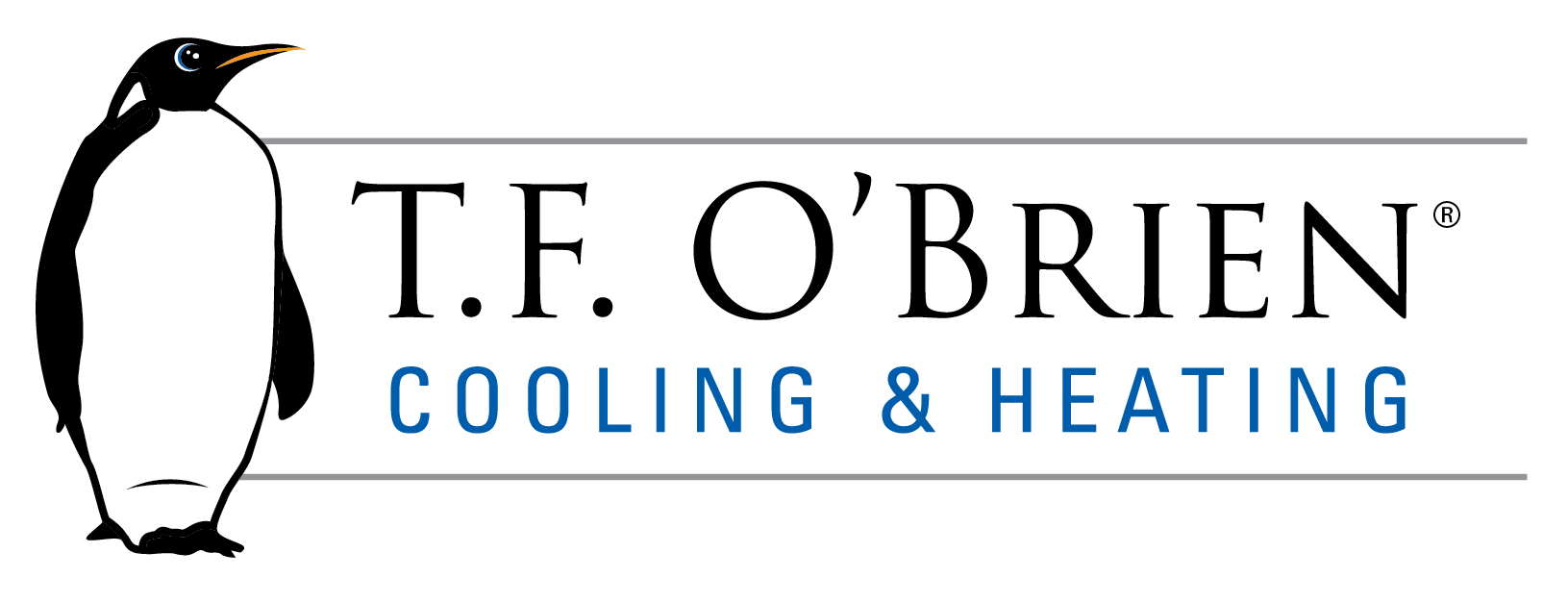 Saving on Cooling Bills Means Keeping Heat at Bay
Saving on Cooling Bills Means Keeping Heat at Bay
Heat gain is also called “solar gain” and “passive solar gain” and is the process whereby structures, including our homes, warm up inside as the sun’s energy falls on the outside. There are several options for reducing heat gain, steps that are particularly valuable with our hot and muggy Long Island summers.
Consider the following five options for reducing home heat gain. All are relatively simple, and shouldn’t break the bank for a regular-sized home:
- Fenestration —The doors, windows, skylights and vents that puncture your home’s “envelope†are all risk points for solar gain. When it’s hot outside and the A/C is running, ensure that everything is closed and secured; otherwise you’re cooling the outdoors. Kids need to be constantly reminded of this one.
- Window treatments —Devices that reduce or prevent transmittance through windows are a great asset. Simply closing your curtains or blinds through the hot part of the day, especially on the southern and western exposures of your home, is one action that goes a long way toward reducing home heat gain.
- Shading —Fitting awnings or shutters on the outside of your home will stop the sun’s rays from reaching the house, and the latter can do double-duty as storm shutters in the winter.
- Window film — High-reflectivity window films are available in transparent and tinted varieties, though the silver, mirror-like finishes are most effective. Though film is most useful in climates with long cooling seasons, it’s worth considering if you have a lot of south- or west-facing windows.
- Sealing —No shading will stop heat gain if hot breezes can blow into the house from outside, and your conditioned air will escape from the home through the same cracks and holes. Use caulk to seal cracks between stationary objects, like siding and brick or block walls and around windows; use proprietary weatherstripping around doors where they meet the frames.
Any initiatives that minimize your cooling requirements also minimize your power bills. The technicians at T.F. O’Brien Cooling & Heating represent more than 75 years experience in reducing home heat gain. To learn more or schedule a visit, contact us today.
Our goal is to help educate our customers about energy and home comfort issues (specific to HVAC systems). For more information about other HVAC topics, download our free Home Comfort Resource guide.
